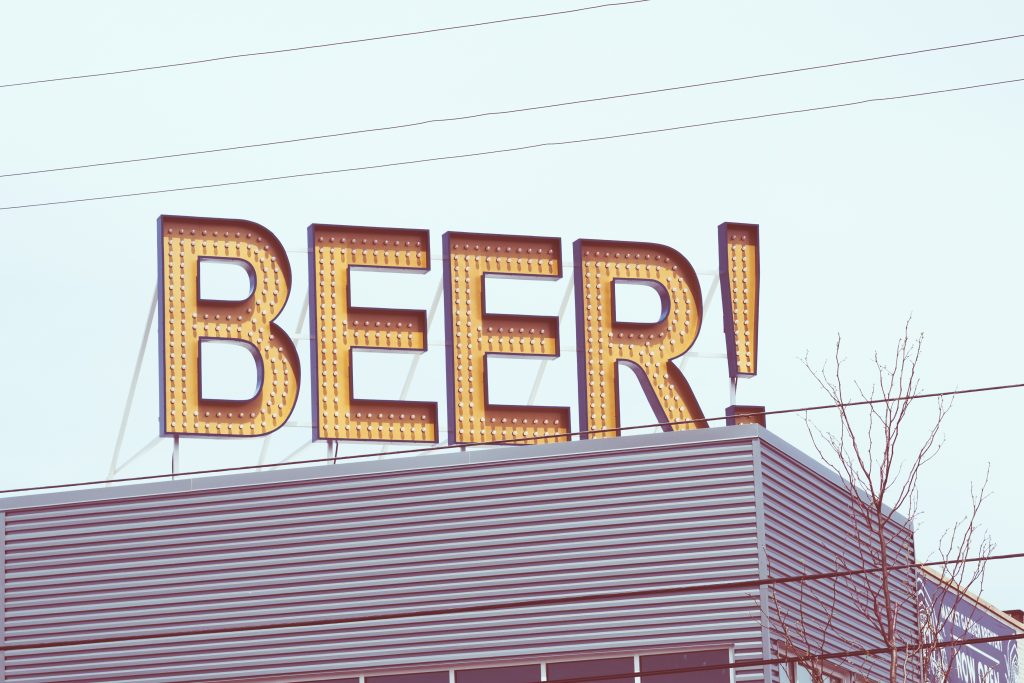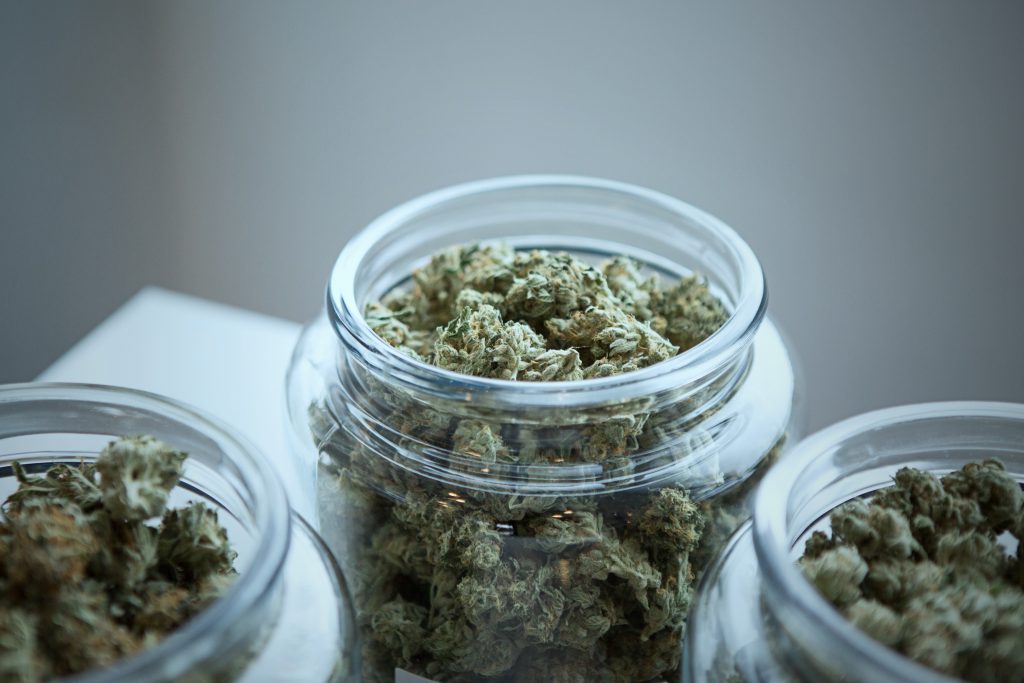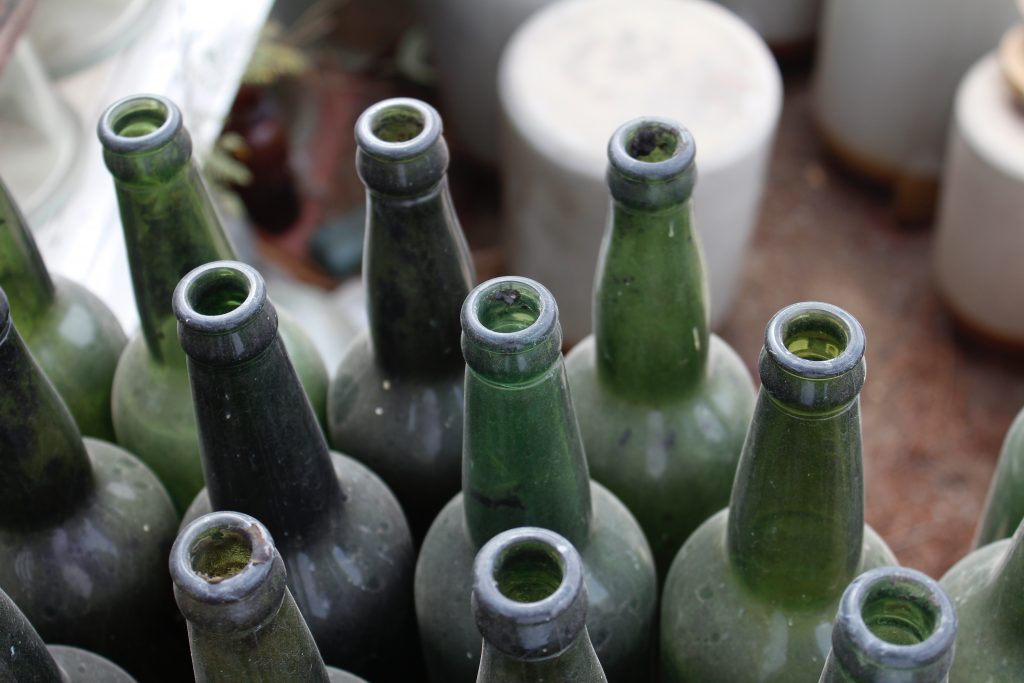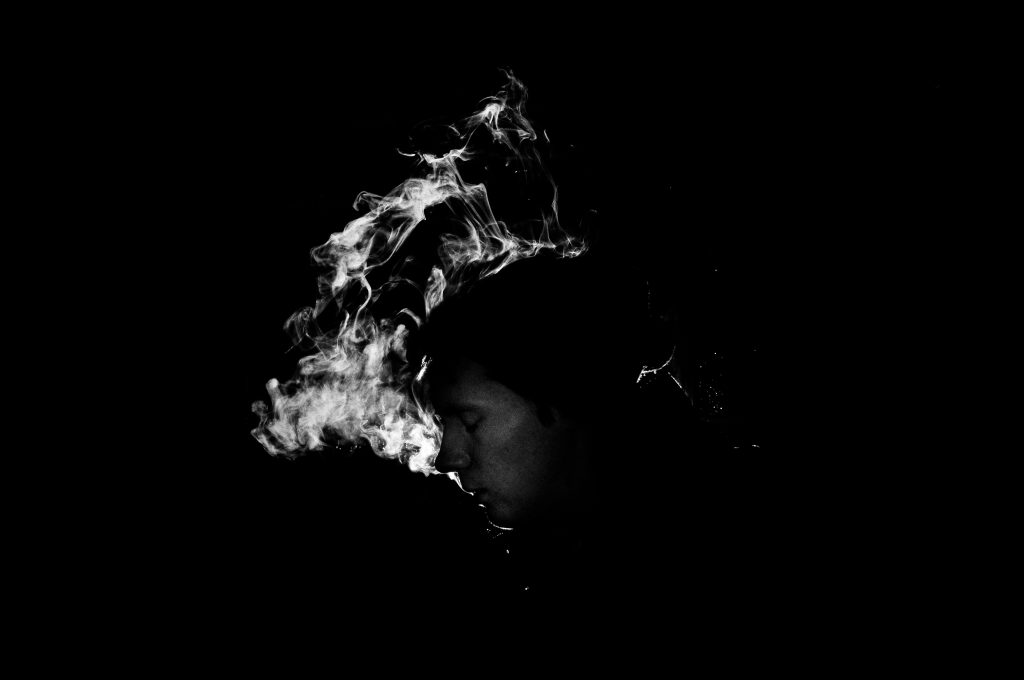Last week was ‘Mental Health Awareness Week’ in the UK, and while mental health awareness is for many an all-year-round concern, the initiative has succeeded in sparking interest and debate on a subject of vital importance.
As part of the festivities, The Guardian shared an interesting article wherein Matthew Todd suggests that ‘there’s still an elephant in the therapist’s waiting room: alcohol.’
The physical health risks of drinking are well known. Less discussed are the mental health consequences. These are real and significant, and seem to be getting worse. For instance, the number of people admitted to hospital with alcohol-related behavioural disorders has risen in the last 10 years by 94% for people aged between 15 and 59, and by 150% for people over 60.
Todd goes on to offer a particularly pertinent observation: ‘Since finally giving up alcohol, I’ve learned many things. First, that addiction is everywhere. That it is not about the drinking (or whatever the substance is), but the feelings underneath.’
In a 2015 article for Buzzfeed, Katie Herzog took the addiction discussion in a different direction. Herzog claims that, rather than upholding its reputation a ‘gateway drug,’ cannabis actually provided an escape route from the grip of her prolonged struggle with alcoholism:
Marijuana gave me a way out of a cycle that felt unbreakable. I have a good life now, one I’m proud of and generally enjoy. The conventional wisdom is that the only way to recover from addiction is total abstinence — that even a glass of champagne at your daughter’s wedding will make you spin out, start fights, barf on the table, and cry in public. But I’m not entirely sober, even from booze. These days, I do drink occasionally. But saying no to the second drink will always be a struggle for me, so, most nights, I say no to the first one. Instead, I pack a bowl, inhale deeply, and know that while some may think that marijuana ruins lives, it might have saved one.
The US media has since offered up more and more stories like Herzog’s, and, with addiction becoming increasingly considered as an issue of mental health (as opposed to a physical disease), the role drug consumption plays bears scrutiny.
Volteface asked the UK public for their stories: as cannabis appears to enjoy a far more normalised reputation in the US (where the best part of half the country has legal access to some form of the drug), we asked for UK citizens to tell us about their experiences of dropping alcohol for cannabis.
The stories we received incorporated a range of life experience and social strata, however common threads became immediately apparent. Alcohol, we found, was often a catalyst for depression, and rather than acting as a ‘social lubricant,’ would actually cultivate a sense of disconnection, leading to a range of mental health issues. We have shared below a selection of the very personal stories our readers have chosen to share with us:
Katie
Five years ago I was partying hard, drinking often but found myself getting depressed. I got diagnosed with depression at the time and then not long after I ended up dropping out of University once it all got out of hand.
I’d find myself getting drunk and embarrassing myself, losing friends, being loud, rowdy and careless with myself and others. Since then my mental health got worse: I went on to make a serious attempt on my life and was then diagnosed afterwards with Borderline Personality Disorder/Emotionally Unstable Personality Disorder four years ago.
Having BPD/EUPD means I am erratic and emotional, I have anxiety and panic attacks and often say or do things out of emotion that hurts people or makes a situation worse.
Since I started consuming cannabis I feel like my relationships have improved: I am calmer, I remember to take breaks before making decisions or saying something that impacts people. I feel like when I drink I need attention from anybody I can find, and I would take that attention in any form it comes in. When I smoke cannabis I feel calm and content and I can spend time alone or with others and think through situations – I feel like it widens my perspective and makes me more empathetic.
I don’t know what empathy has to do with getting high, but for me apparently it’s a lot. It might just be growing up, but a few years ago I was happy to make people feel bad or manipulate people – to lie often and drastically. I was happy to harm myself and others, to use anything, eat anything, do anything to my body or mind. Now I am more careful and considerate: I don’t eat meat, I’m more honest, I care about how others feel and I am happy and willing to listen and help people with their problems. In my current relationship I focus on their happiness and being honest with them, whereas in my previous relationships I was driven by keeping it dramatic, fuelled by jealousy and manipulation.
I’m not perfect: I haven’t been back to uni, I dropped out of college last year because of a lack of support. I also still feel paranoid and jealous sometimes, but not nearly as much or as badly as I did before (and I don’t act on it). In terms of relationships, I am still attracted to somewhat toxic people but now I can look back and reflect on my life easily and get out of these situations early.
What I have found funny in mental health treatment is that they don’t have a problem if you drink, but if however if you occasionally smoke weed, you’re denied support. I eventually lied to my doctor about my cannabis use just so I could get some treatment and support after being turned down.
So as a summary, smoking instead of drinking has led to: feeling more stable, being more empathetic (both with myself and with others), feeling more confident and less self conscious. I no longer self harm.
Hugh
I’ve never been much of a drinker – my usual choice was to get hammered as quickly as possible, then try to maintain civilised conversation and behaviour until I needed ‘a little rest.’ I’d noticed that I wasn’t ever taking a day off from drinking, and that I’d begun to increase my intake but it wasn’t till I found myself lying to my partner that I finally admitted I had a real problem with alcohol.
I put myself into hospital with pancreatitis 30 years ago after 15 years of drinking too much. I had my gall bladder removed and got sober for a while. Bought a second hand car on the savings. Lapsed several times, sometimes seeking professional help, more often convincing myself that as I wasn’t getting hangovers, then I was doing ok. Gave up the car and started drinking a bit more.
I’d always used alcohol as self-medication for depression, and I’m convinced that the Black Dog is my major problem, with the years of substance abuse coming from my attempts to cope with it. I’ve never been an aggressive person drunk or sober, my knockouts we’re all self-inflicted. In my time I’ve experimented with every illicit pharmaceutical experience I could get my hands on. I never really liked opiates enough to get in trouble with them but I moved from the UK to Italy for four years to get away from amphetamine sulfate, and took cocaine for thirty years without ever thinking I had a habit till the end. Throughout these years of bad behaviour, alcohol has been a trigger, an excuse, and the constant annoying background music to my life.
I take 40mg Seroxat daily now, and have been doing so for more than a decade. Most of the time it works – but when the depression comes back it sneaks in under a blanket of booze.
Smoking cannabis helps. It takes the painful sharp focused edge off reality and makes it less agonising to stumble through life. I’ve used it like bubble wrap. This time, knowing that I wasn’t ever going to drink again I actually felt alcoholic withdrawal symptoms for the first time, and I smoked as much as possible for a while. It got me over the hump and I’m now in my eighth month of sobriety. My smoking has returned to more normal levels since. Cannabis is a real friend, alcohol is a liar.
Matt
I had a difficult upbringing, and as a teen I found that alcohol (and later drugs) were mechanisms I could rely upon as a way to escape the way I felt about myself or my life.
I never experienced addiction or dependence, rather a safety net of sorts that I could fall back on when I was stressed, anxious or otherwise feeling uncomfortable. Around age 16-18 I started drinking in isolation, and at times found myself up late at night and unable to sleep or temper my racing thoughts – turning to drinking when it became unbearable. Whilst this wasn’t an everyday occurrence, it was a sign of things to come.
At University I would drink socially at parties, and when I attended college I drank most weekends and occasionally weeknights – however when it came to self-medication, I had started to regularly smoke Cannabis around age 18. Although I had smoked Cannabis on and off during my mid to late teens, due to living with my parents it was never a regular indulgence, and for the most part alcohol was easier to obtain and keep hidden.
My introduction to drugs aside from Cannabis was ultimately my undoing. I became addicted to prescription pills, mainly Benzodiazepines and Opiates. After a brief stint in rehab at age 21, I managed a brief year and a half off of drugs, Cannabis included – but regularly drank alcohol to excess – something I had not previously done on more than a handful of occasions. Alcohol obviously became a substitute for other drugs of choice, and at the time I think I recognised that I was possibly doing as much if not more harm to myself, and putting myself in an equal amount of danger as when abusing drugs.
Eventually I relapsed and set off on a long period of addiction to prescription Opioids. During this time I continued to use other drugs and would also drink alcohol (usually in substitute for drugs when they were unavailable) and smoked Cannabis on a mostly daily basis. At that point in time it was something I relied on to ease the pain of withdrawals in between periods of drug use, and to ease the anxiety and depression that I was trying so desperately to either avoid or detach from. Cannabis allowed me to sit with a lot of my deepest and darkest thoughts and helped me to confront them without immediately recoiling from them.
This period of my life came to an end when I entered into treatment once more. After a period of 6 months of complete sobriety, and having finally begun to engage in therapy and treatment in general, I made the decision to consume Cannabis again.
Partly because I was having cravings for other harder substances, and partly because I was feeling stress and anxiety from confronting so many issues in what was almost daily therapy sessions and group meetings. I had so often in the past relied on substances in order to detach myself from those uncomfortable feelings. When I had that first smoke after what felt like forever – instead of finding myself in a place of detachment from reality, I actually sat and thought about a lot of what was happening in my life outside of my addiction to drugs. I sat for hours by myself thinking over and deliberating a lot of my actions and past decisions. I’d experienced this effect from smoking Cannabis before – but for whatever reason it felt especially pronounced.
As my new-found state of mind and lifestyle grew and matured, so did my use of Cannabis. It became much more of a meditative experience. The same way that seeing my therapist or going to a weekly meeting became a part of my lifestyle – taking time at the end of my day, or whenever it felt appropriate to smoke and enter that state of meditation became a big part of maintaining my composure in the face of cravings, emotional distress and discomfort. It no longer was just a drug that could offer some kind of escape – it was more of an introspective and self-aware experience than that.
Along with therapy and other kinds of self-exploration, I think that Cannabis has played a pretty integral role in helping me to abstain from both drugs and alcohol, but also in helping me find a place of inner peace where I can allow my natural anxieties and fears to coexist with a healthy and positive self image.
Participants names have been changed for anonymity and stories have been edited for clarity.
Calum Armstrong is Staff Writer and Editor at VolteFace. Tweets @vf_calum




